Working-from-Home Advice You Would Never Expect
So many people have reached out during the past week seeking advice for working from home.
As someone who has worked professionally from a home office for 26 years, I definitely have some thoughts to share. And you may be surprised about the first nugget of work-from-home wisdom. It has nothing to do with composing a top-three to-do list or getting out of your pajamas or even staying out of the snacks.
Rather, it involves the biggest time sucker we face each day: email.
As it stands, you and I spend more than 22 percent of our workday reading and writing emails. That equates to 11 workweeks a year. I can only imagine how that number is growing in the weeks many of us are working from our kitchen tables. Email is essential for communication during this time.
I challenge you to these two email disciplines:
1. Don’t check your email during your first hour at your desk.
This email management practice gets audible gasps when I share it during live seminars. But let’s just say your workday begins at 8 a.m., even from home. If you sit down and check email first, you may look up and suddenly realize it is past 10:00. Email can suck us down a black hole, and we get buried under other people’s urgencies. Rather, dedicate your first hour to productive revenue-generating projects such as drafting a proposal or finishing a marketing piece or calling clients or completing documentation leading up to a deadline. Once you have accomplished a big chunk of one of those projects, then open up your email account and let the fun begin.
2. While working from home, check your email at the same time every day.
I’ll share the schedule I’m currently using here:
9:00 a.m.
11:00
1:15 p.m.
3:15
4:30
To customize a keynote or professional development session that will have your audience laughing and learning, contact Mandi Stanley.
Certified Speaking Professional Mandi Stanley works with business leaders who want to boost their professional image by becoming better speakers and writers through interactive high-content keynotes, breakout sessions, workshops, technical writing seminars, and fun proofreading classes.
You might also like:
How Do You Handle Virtual Meeting Whiners?
Use this App to Capture Fresh Presentation Ideas
Presentation Closing Clunker: How to Avoid Going Over Time
Photo by Charles Deluvio on Unsplash
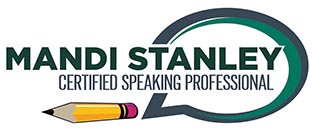
 Photo by Charles Deluvio on Unsplash
Photo by Charles Deluvio on Unsplash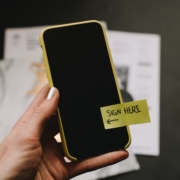

 https://unsplash.com/photos/FfbVFLAVscw
https://unsplash.com/photos/FfbVFLAVscw 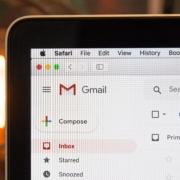
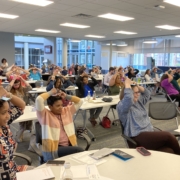

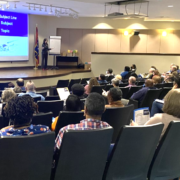
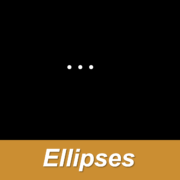


 Photo by Christina @ wocintechchat.com on Unsplash
Photo by Christina @ wocintechchat.com on Unsplash Photo by Sarah Brown on Unsplash
Photo by Sarah Brown on Unsplash